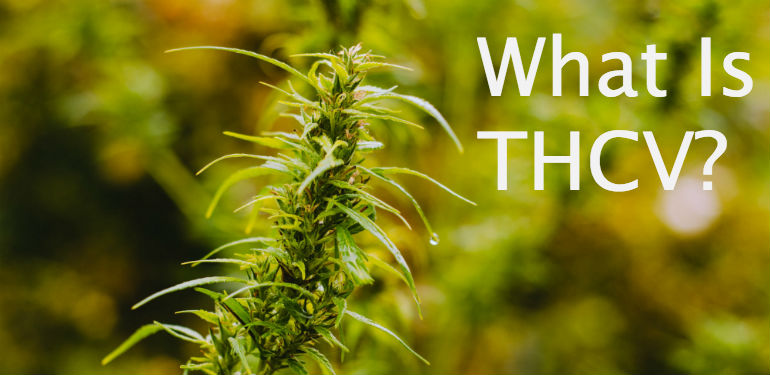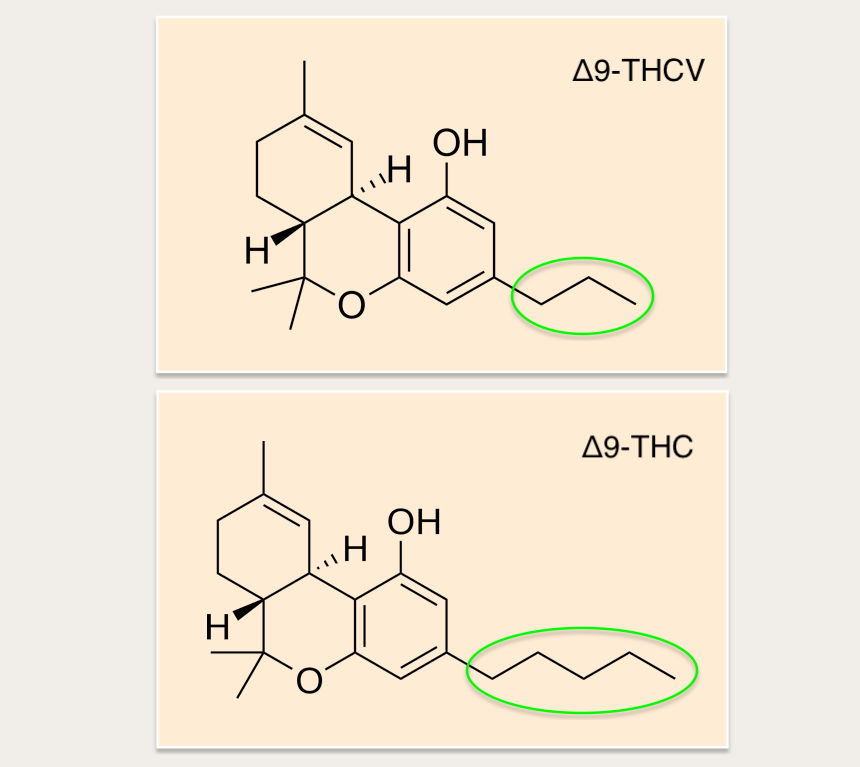Tetrahydrocannabivarin (THCV) is a cannabinoid substance discovered in cannabis and hemp plants. It's chemically comparable to tetrahydrocannabinol (THC) however with some crucial distinctions. Here's everything you require to know about THCV including the risks, advantages, distinctions, and resemblances with other kinds of THC and more. What Is THCV? THCV is a less typical cannabinoid found in some stress of cannabis, especially African sativa.
 What is THCv Cannabinoid Explained - leafipedia.net
What is THCv Cannabinoid Explained - leafipedia.net
 What is THCv Cannabinoid Explained - leafipedia.net
What is THCv Cannabinoid Explained - leafipedia.net
 THCV Strains: 11 Interesting Health Benefits You Should Know
THCV Strains: 11 Interesting Health Benefits You Should Know
THCV has a 3-carbon side chain rather than THC's 5-carbon side chain. This difference is subtle, however it has a visible effect on the result profile. THCV is somewhat psychoactive but only about and about. What Does THCV Feel Like? THCV has a strong energy-boosting component to it, that makes it especially popular amongst trainees and professional athletes.
In the United States, THCV guideline is nuanced. THCV is not a Schedule I Drug, however marijuana extracts are making it rather unclear what the federal position is on THCV. The 2018 Farm Costs mentions that hemp plants and all derivatives of the plants are legal on a federal level, many companies comply with this law and still provide THCV to clients by just extracting the compound from hemp plants.
If THCV is considered a THC analog, it might be controlled in the future by the same guidelines as THC under the Federal Analog Act. This act mentions that any substance that shares a comparable molecular profile as a recognized prohibited compound it's consisted of in the very same drug Set up category.
What Are the Impacts of THCV? Advocates of THCV report that it produces an extreme burst of energy and makes them feel euphoric without the mental cloudiness triggered by THC. The effects are extremely moderate compared to THC. The effects are almost specifically cognitive yet somehow have really little effect on headspace.
2. THCV & Appetite Some THCV users declare that it curbs their appetite. This is a typical impact of other focus-enhancing substances too. It's as though THCV eliminates the diversion of other bodily processes (like cravings) in order to protect resources and attention to cognitive tasks rather. How Does THCV Work? Cannabinoids produce biological results in the human body by connecting with endocannabinoid receptors.
CB1 receptors are situated in the worried system and engage with neurotransmitters in the brain to produce mind-altering results. Interaction with CB1 websites is what gives some cannabinoids like THC their psychoactivity. THCV is a bit challenging to comprehend because it's mainly a CB1 antagonist, meaning it has the opposite impact as THC.
While scientists are still seeking to understand this procedure, it appears THCV is able to obstruct the impacts of CB1 in low doses and promote them in high dosages. CB2 receptors are discovered mainly in the immune system. THCV is a partial agonist of CB2, but the effects of this partial activity aren't well-known, and it apparently has no discernible impact on THCV users' experience.
As mentioned in the previous area, THCV is a CB1 antagonist in low dosages which is the precise opposite result of delta 8 and delta 9 THC. This could imply that THCV combats a few of the psychoactive impacts of THC. This impact could discuss why people who use THCV feel so clear-headed especially compared to the notorious "fogginess" induced by delta 9 THC.